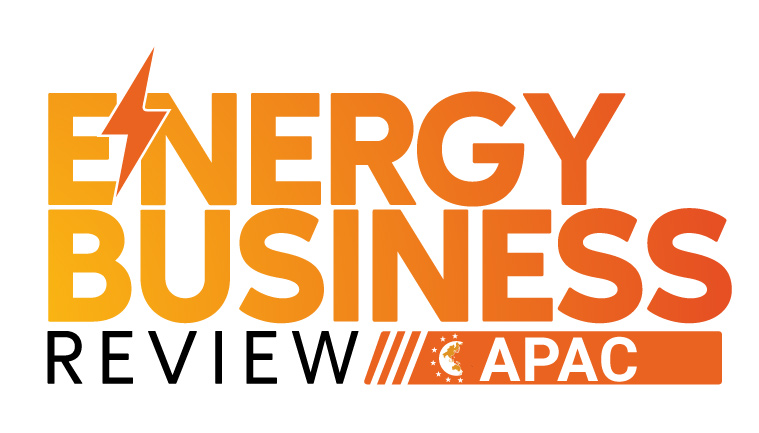Thank you for Subscribing to Energy Business Review Weekly Brief
Strategic Energy Procurement for a Resilient Tomorrow
Energy Business Review | Tuesday, February 17, 2026
Fremont, CA: Energy procurement is developing rapidly in response to active market conditions, growing sustainability goals, and ongoing technological advancements. Businesses are increasingly adopting innovative strategies to ensure cost-efficient and reliable operations while maintaining environmental responsibility. The shift toward renewable energy sources is driven not only by sustainability objectives but also by rising regulatory expectations. At the same time, advanced energy management tools are empowering organizations to hedge against potential risks, especially during periods of low demand.
The strategies are precious in industries with high energy consumption, such as manufacturing and data centers. Power Purchase Agreements (PPAs) have become a popular tool, allowing organizations to lock in long-term renewable energy supply at predictable prices while supporting the development of new renewable projects. Corporate giants are leading the way by signing large-scale PPAs, often tied to wind or solar farms. Energy-as-a-Service is gaining traction as companies seek flexible and scalable energy solutions.
Stay ahead of the industry with exclusive feature stories on the top companies, expert insights and the latest news delivered straight to your inbox. Subscribe today.
EaaS providers offer tailored energy procurement and management services, including energy efficiency upgrades, renewable energy integration, and demand response programs. The trend particularly appeals to organizations lacking in-house expertise in energy management, as EaaS providers handle everything from procurement strategy to system maintenance. InnovationForce enhances these services by offering AI-powered energy management solutions, optimizing real-time data integration and decision-making processes. The company was awarded the Top AI-Powered Innovation Management Platform by Energy Tech Review for its groundbreaking role in revolutionizing energy procurement through advanced AI and data analytics.
The solutions provide greater energy independence, reduce reliance on centralized grids, and enhance resilience against power outages. Peer-to-peer energy trading, enabled by blockchain technology, is also gaining traction. The model allows businesses to buy and sell surplus energy directly with other users, fostering localized energy ecosystems. Energy procurement is central to achieving corporate carbon neutrality and net-zero emission targets. Organizations are integrating carbon offsets and renewable energy certificates (RECs) into their strategies to compensate for unavoidable emissions.
Energy buyers are increasingly scrutinizing their suppliers' environmental credentials, favoring those with robust sustainability practices. Some companies are even exploring 24/7 carbon-free energy models, ensuring their operations are powered entirely by clean energy around the clock. With energy markets becoming volatile, dynamic pricing and hedging are emerging as essential components of energy procurement. Businesses are adopting strategies that combine fixed-price and variable-rate contracts to balance cost stability and flexibility.
Evolving regulations and policies increasingly influence energy procurement strategies. Governments worldwide are introducing incentives for renewable energy adoption and imposing stricter emissions standards. It drives organizations to accelerate their transition to clean energy. The energy procurement landscape is paradigm-shifting, driven by technological innovation, sustainability imperatives, and market volatility. Companies are adopting renewable energy, decentralized models, and AI-driven tools to optimize procurement strategies and align with environmental goals.
More in News


